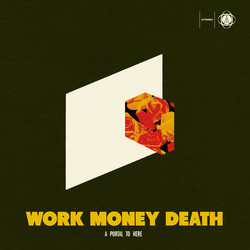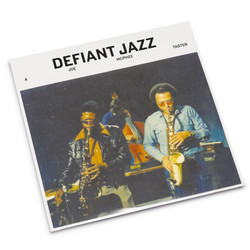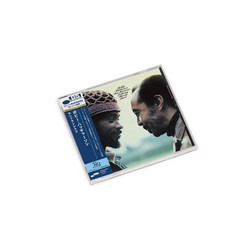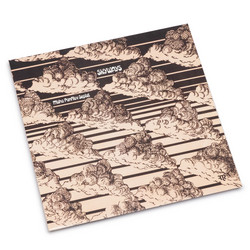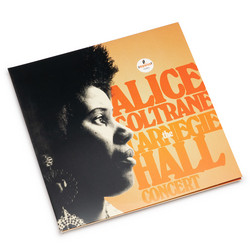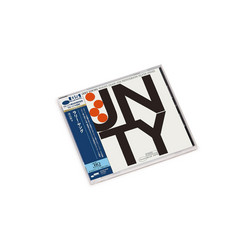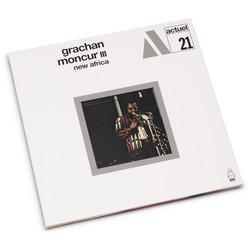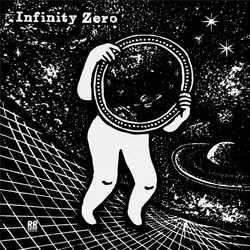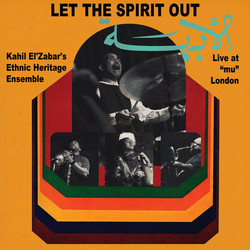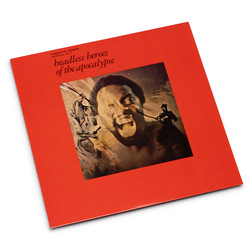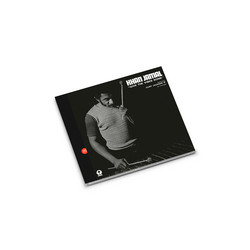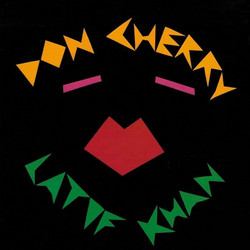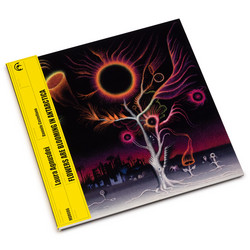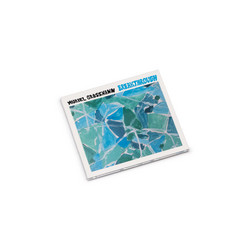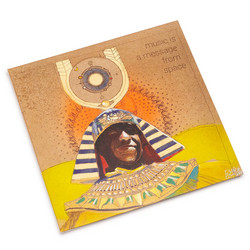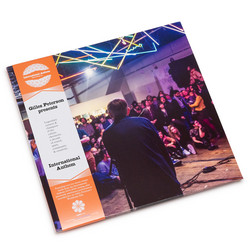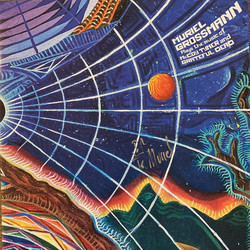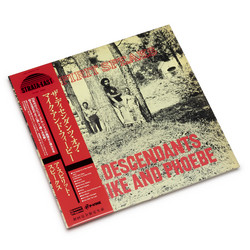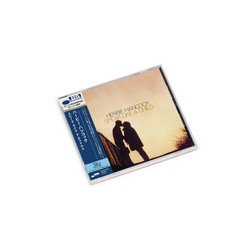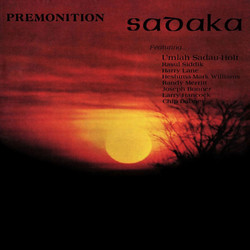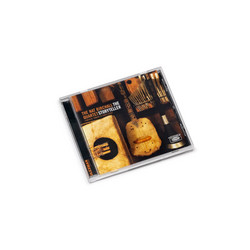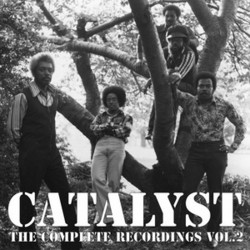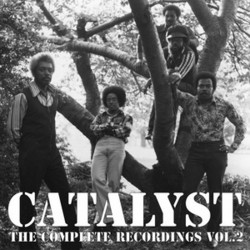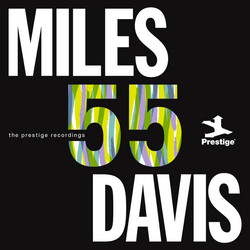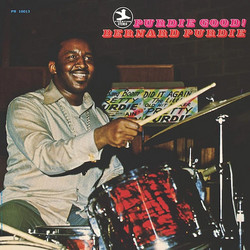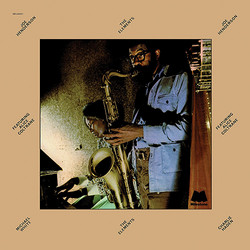Emerging from the fertile musical landscape of early-1970s Philadelphia, Catalyst released Perception at a time when jazz was in rapid, restless mutation. The band—composed of Zuri Tyrone Brown on bass, Sherman Ferguson on drums, Odean Pope on tenor saxophone and flute, and Eddie Green on electric piano—crafted a record that radiates invention, channeling the influences of post-bop, soul jazz, and the exploratory edge of fusion without losing its central rhythmic pulse. Across tracks like “Perception,” “Celestial Bodies,” and “Ile Ife,” the group is fearless in its negotiations between deep groove, searching improvisation, and unexpected harmonic interplay. Their blend of tight ensemble work and adventurous solos places them in the lineage of contemporaries like Weather Report and Return to Forever, yet the sound remains defiantly their own—a spirited negotiation of tradition and the emergent, electric unknown.
While the group found only modest regional success at the time, Perception’s mix of soulful, danceable hooks and avant-garde excursions built a dedicated following—one that has only grown with time and the record’s reissue. The album pulses with the drive of its rhythm section and the swirling complexity of Pope’s tenor work, supported throughout by a series of inventive instrumental textures. Producer Skip Drinkwater’s approach preserves the kinetic immediacy of the band’s live sets, making each track feel like an invitation to something fresh and unscripted. Moments of grace arise in the band’s deft control of mood and space, creating a sound equally suited to deep listening and ecstatic movement.
Perception ultimately stands as a singular and often overlooked chapter in jazz history: a record that captures the sense of possibility, risk, and exuberance that defined its moment, and which continues to inspire listeners and musicians alike. As the album returns to vinyl and digital platforms after decades out of print, a new generation is discovering the “funkiest band you’ve never heard,” and recognizing how Catalyst’s joyful defiance of genre boundaries pointed the way for further transformations in jazz.
